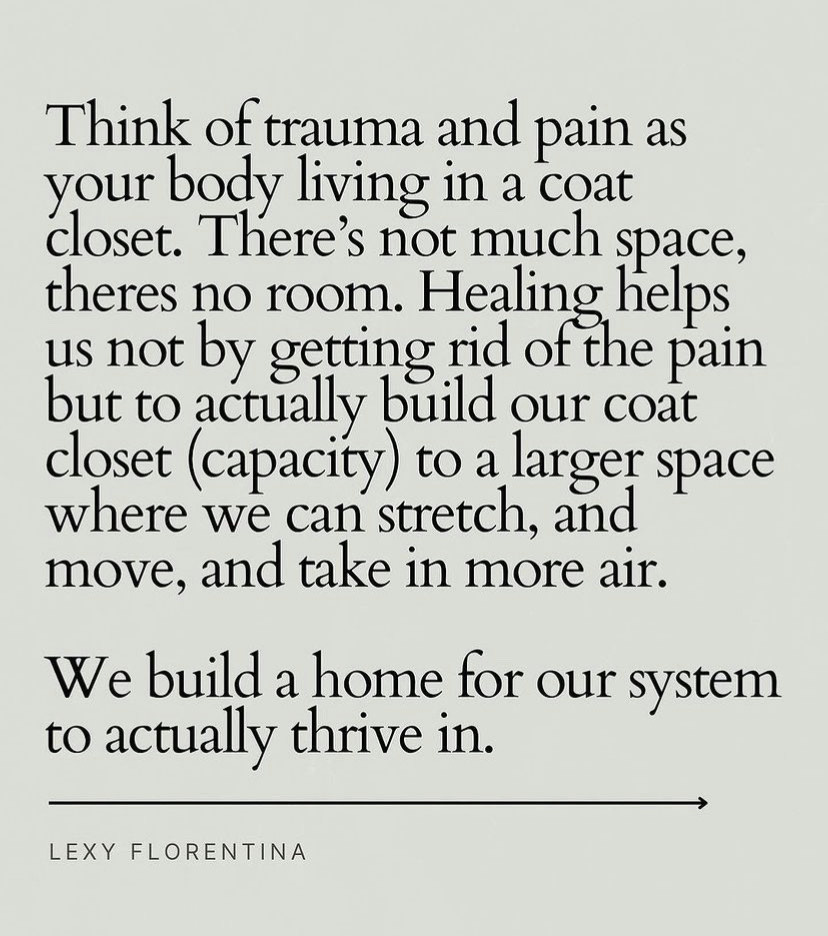[Photo Credit: Brittany Gogel]
"Absolutely unmixed attention is prayer.” – Simone Weil1
Dear Reader,
If you were (as you should have been) expecting a post on the Prologue to The Pardoner’s Tale this week, you will be either disappointed (or relieved!) to read that we are taking a week’s hiatus and will return to our study together of The Canterbury Tales next week. (Here’s your chance to catch up!)
Unless something unexpected has occurred in transit, I am posting this week’s newsletter from an undisclosed location near San Antonio, Texas.
If you are adjacent in any way to evangelical, Christian, or religious studies academia, you probably know that there are big goings-on in San Antonio this week into next. The trifecta of annual conferences—those of the Evangelical Theological Society, American Academy of Religion, and Society of Biblical Literature—are being held at the city’s convention center.
However, I am not there. I am somewhere out in the desert (sort of nearby but not really) on a brief writing and spiritual retreat. (Please pray for my writing!)
This was a last-minute trip. I thought I was done with traveling until after the holidays, and relieved to be so, as it has been quite a whirlwind this fall.
But then a stranger reached out to me, a friend of a friend, who had heard from our mutual friend a little bit of my situation and insisted on whisking me away for a time of fellowship, worship, rest, and community. How could I refuse such love?
There was something I didn’t realize until we were firming up the details, though. It was last year at this very time that the rupture that eventually led to my departure from my teaching position (and, effectively, in all likelihood, because of my age and life situation, my academic career) began.2 On the very day last year when the unwinding of life as I knew it started, I will be on this retreat, in this place I had long longed to be, surrounded by people who value and understand me. And I will be writing. On the very day, the day—I am so sorry if this sounds overly dramatic, but it is true—of my trauma anniversary. (OK, I have two trauma anniversaries: this one and the day I got hit by a bus, May 23, 2018. Don’t ask me which one was worse. That would be another post—or a book.)
When I mentioned this coincidence of dates to a friend, she said to me, “If that isn’t God saying, ‘I see you,’ I don’t know what is.”
She’s right.
God sees.
And knows.
Last year at this time, I was at the Evangelical Theological Society presenting a paper. It was a tremendous opportunity, as it always is, and the panel I was on was widely attended and well-received. But the best part about these conferences—usually—is seeing so many old friends and making new ones. And this was no exception. It was a whirlwind of meeting, greeting, and mingling.
But I was also carrying with me a very heavy burden, one of the heaviest I’ve known in my otherwise relatively carefree life (Yes, there was the bus, but other than that, I mean).3 I was smiling and talking and having lunch and getting coffee with so many people and trying every minute and every second not to burst into tears. (Truth be told, I did burst into tears at least twice. Ugh.) The conference was an exhilarating time—as it always is and should be—but because it was otherwise so wonderful, it was also awful.
And if you have paid any attention (not that you should), you might remember that I didn’t announce my departure from my post until April.
November to April is a long time to carry the weight I carried. And still carry, to be sure.
I remember when I made that announcement. I received an outpouring of love and support—and, to no one’s surprise, a few snarky and celebratory remarks from detractors grasping at my coattails. I think it was in response to one of these that someone said something like, “It’s the people you don’t hear from that will hurt the most.”
I remember reading that and being taken aback. I hadn’t thought of that, and to be honest, I didn’t really understand what the person meant. I brushed it off.
But I understand now.
So, I still carry the weight.
But by God’s grace—and ultimately, in his providence, I believe, I feel lighter every day. Freer. Some days, not just freer, but free.
I’ve noticed over the past several months as I feel freer, or even free, that I also feel pain more easily—not just the old ones but new ones, too. As I was trying to verbalize this sense, a friend sent this to me, which I think captures it perfectly:
I’m inside the wardrobe, but I have seen outside it, beyond the coats, another land.
Now I’ve always been an even-keeled, low-drama person (and still am, I believe), but I think trauma has made me more sensitive, more sensible, as Jane Austen would use that word. I used to be all Elinor, and now I’m a little bit Marianne! My perceptions are heightened. I am more sensible to pain, not only mine, but the pain of others, too. But I am also more sensible to—and receptive of—joy and love.
And my goodness, have I ever been surrounded by love in these recent months, weeks, and days! Just look at some of the highlights in these photos from the past few months. Almost everyone in these pictures is someone who has loved and known me for a decade, two decades, some for three decades or more!
These are people who don’t want anything from me. They have no “use” for me other than for me to just be me. I have nothing to give them but who I am. I thank God for such people in my life.
And here I am at this lovely retreat! (Please pray for my writing!) It is a completely unexpected gift that came, yes, from human hands, but in timing only the Lord could orchestrate.
He sees.
He knows.
He gives.
And, yes, he takes away.
But what he gives is so much more than any human person or conference or institution could give. These can indeed be blessings, but he is ultimately the one who blesses.
Thank you for letting me share so many blessings (and some of the pain) with you each week.
And isn’t Geoffrey Chaucer such a blessing?
We will pick up next week and the following weeks with these readings:
Simone Weil, Gravity and Grace, trans. By Emma Crawford and Mario von der Ruhr (London: Routledge, 2002), 117.
If you missed it, here’s my first post with more details:
I am the Prioress of My Soul
"Absolutely unmixed attention is prayer.” – Simone Weil[1] Welcome to The Priory. Today marks the launch of my new (hopefully, weekly) newsletter. Not coincidentally, it also marks the first day of my unemployment. It’s the first time I’ve been unemployed since I was 17 years old. (Well, except for that one time when I was 18 and was …
None of this had anything to do with the conference, just to be clear.








I am very sorry that this trauma happened to you (I don’t know what it was and it’s not my business anyway but I am sorry as it was clearly deeply distressing)
Your substack is making a great impact on my reading life . I can’t remember how I discovered it but I am very glad that I did as it gives me an opportunity to do structured serious concentrating on great literature as I drop my son off to school and run the farm . And I thoroughly enjoy the comments too and like the sound of the writers of them. I haven’t visited the US since I was a teenager last millennium and so for me the comments open a window into a whole new society of readers.
Anyway, I wanted you to know that the new direction that your life has taken has made a positive difference to mine and I wish you every success with your substack and other work
Trauma and betrayal do have such a bracing effect. We learn who was never truly a friend. We learn that our most genuine friends love us even more deeply than we imagined. And we learn there was a whole new group of friends waiting beyond the trauma.